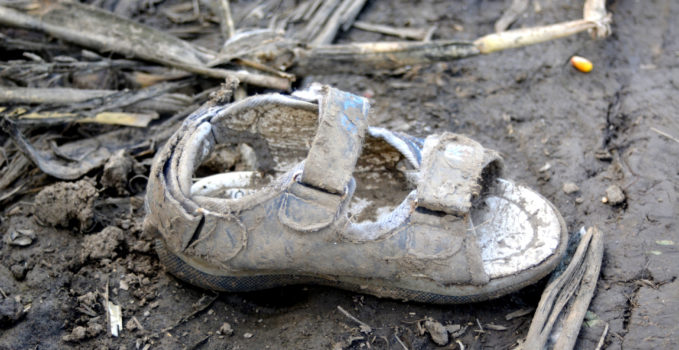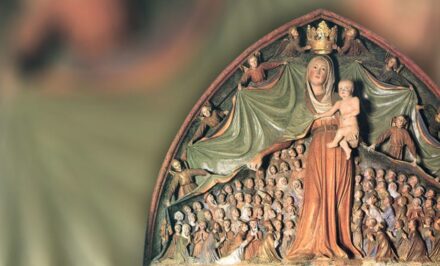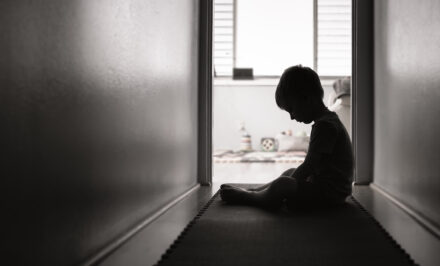María Fischer •
“Suffering In Silence“ is the name of the aid organization CARE’s annual report on the forgotten catastrophes of humanity. Not because the victims suffer in silence, but because the media conceal, ignore and forget their suffering. For the sixth time, the media analysis lists ten crises that have affected at least one million people and have been mentioned the least in international online media. And what doesn’t appear in the media is only noticed by people who are very mindful and take great initiative in observing.
People like Pope Francis, for example, who brought these and other areas of suffering on this earth into view a few days before the CARE report during his Christmas blessing Urbi et Orbi, which was very effective in the media. —
The authors of the CARE report are astonished by the media behavior: “The global weighting of the reporting leaves us amazed, despite all our understanding and knowledge of news factors. For example, there were more than 360,000 reports in online media about Prince Harry and his wife Meghan’s interview with Oprah Winfrey. There have been just 512 publications about the more than one million people in Zambia suffering from acute food insecurity.”
A currency that can make the difference between life and death
Yet media exposure ensures immediate consequences in crisis countries. It is a currency that can make the difference between life and death. “When crises get attention, they get political attention and are dealt with accordingly in political forums,” says CARE communications director Wilke.
Aid donors also look to see which crises get the most attention, she adds. “We notice again and again that when we talk to donors, we first have to explain, why Zambia? We haven’t heard anything about that this year. And so there’s a very direct logic: less attention, less funding, less opportunity to alleviate suffering.”
And why isn’t there much more about Schoenstatt’s social projects on schoenstatt.org?
The parallel with the areas of suffering where Schoenstatters work for children from slums, for youth in prison, for the homeless, for migrants and refugees, for the seriously ill, for pregnant women in emergency situations…is more than clear. If we do not report about it – and we can only do so if we hear about it! – and if we do not do it over and over again, then it is not only left to a commitment in silence, but remains for the children, youth, homeless… far too often a suffering in silence. Not only because of missing prayers and donations. Also, because every missing story from these areas of suffering prevents two or three Schoenstatters somewhere else in the world from saying: We too. Here too.
And another pain: there also remains a socially committed Schoenstatt in silence. The question: what does Schoenstatt do for us, for the disadvantaged, for the poor, for the refugees, for the abused, for the hungry, the homeless, the imprisoned…remains unanswered.
The leaders of great projects of the covenant in solidarity know how often we of schoenstatt.org torment them with our requests for stories, testimonies, experiences.
Be sure: we do it again and again. Because this is our promise to the poorest and most defenseless. And to the Schoenstatt we dream of and believe in.
Original: German. Translation: Maria Fischer @schoenstatt.org














